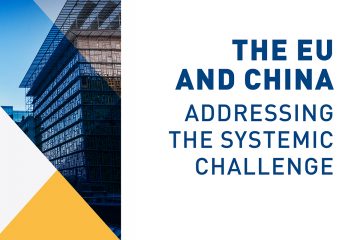Protecting the EU economy against extraterritorial sanctions
Key messages
- Business opposes the weaponisation of the sanctions policy and the use of such measures to pursue economic interests. Sanctions are designed specifically to enforce the respect of international law to counter fundamental threats to peace and stability and the protection of human rights and must be limited to these core purposes.
- We welcome the political attention to this matter and support a more assertive approach by the EU to protect its sovereignty in economic diplomacy. Unilateral measures that risk escalation with third countries should remain an option of last resort and multilateral approaches should be actively sought where possible. Especially with the USA as our traditional ally, the main aim must remain to achieve alignment on sanctions policies and implementation. A close cooperation regarding sanctions should also be established with the UK as part of the future relation.
- The aim must be to deter harmful action by third countries and, if necessary, to increase the costs for such harmful action. To do so, the toolbox needs to be better equipped with well-targeted, non-discriminatory, and well workable and implementable solutions. In the current absence of an effective mechanism, EU companies are caught between a rock and a hard place.
- The EU, together with its allies, should take international leadership on this issue leveraging on its economic and political weight. The EU should insist on a multilateral strategy as this will increase the political strength of the argument.
Read our position paper: Recommendations to strengthen the EU foreign economic diplomacy in the area of sanctions





